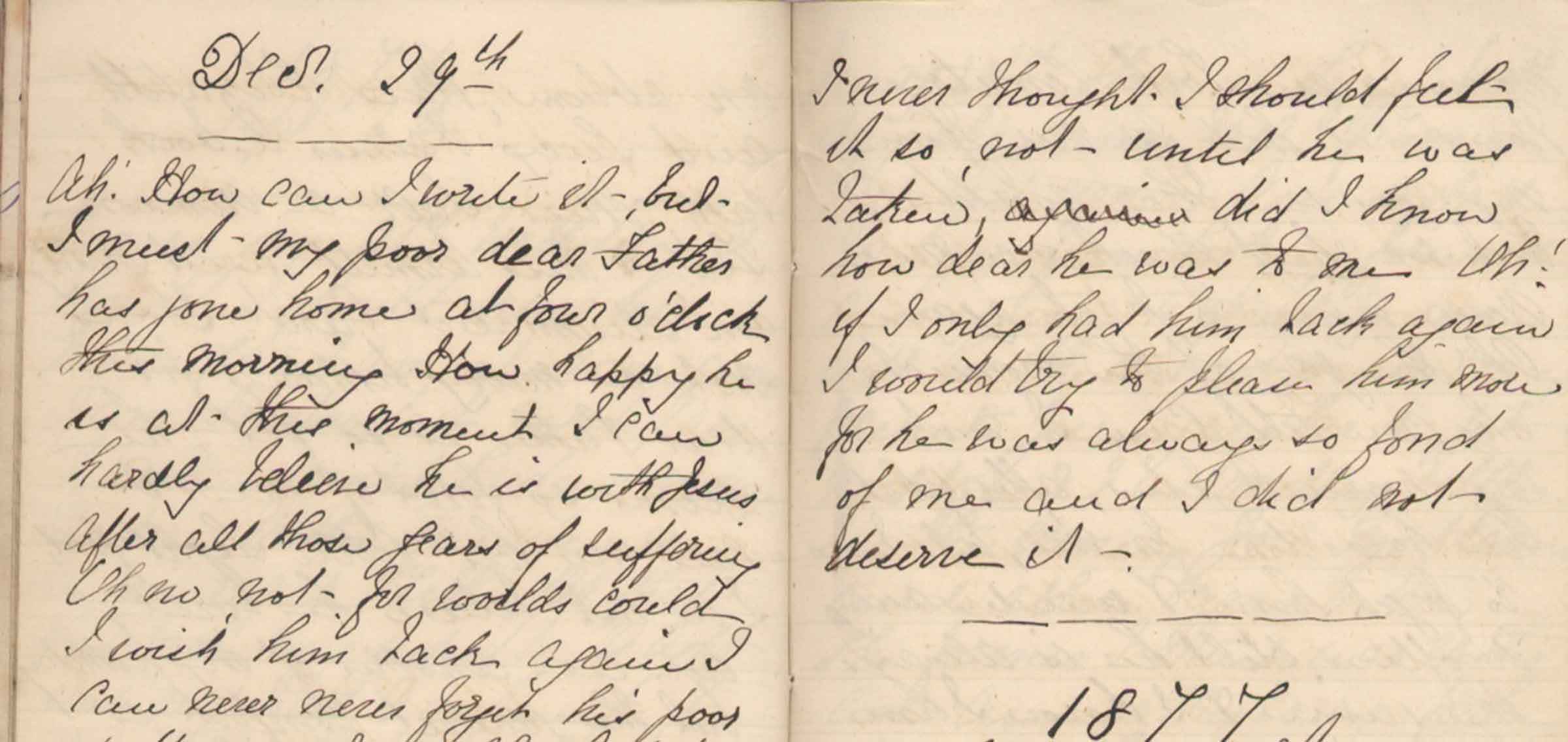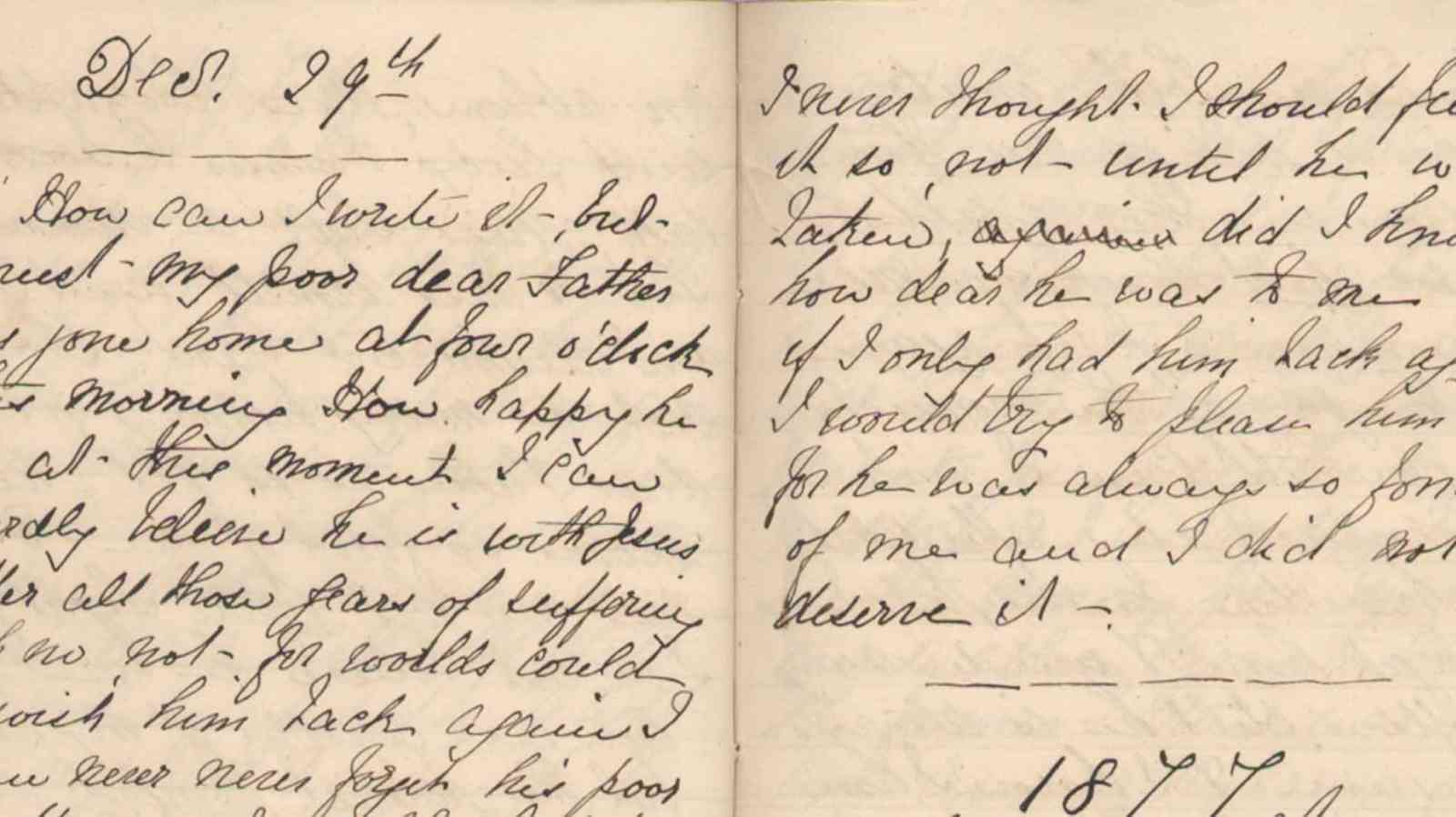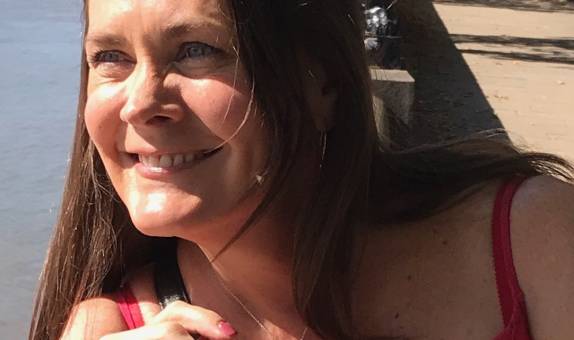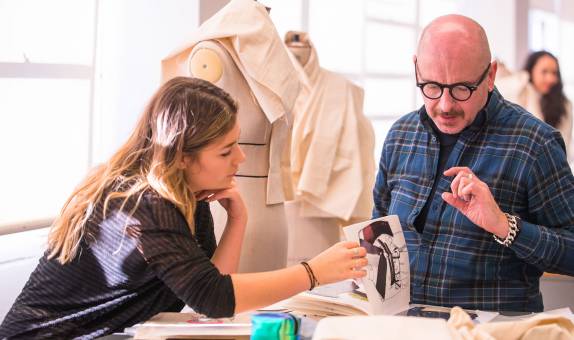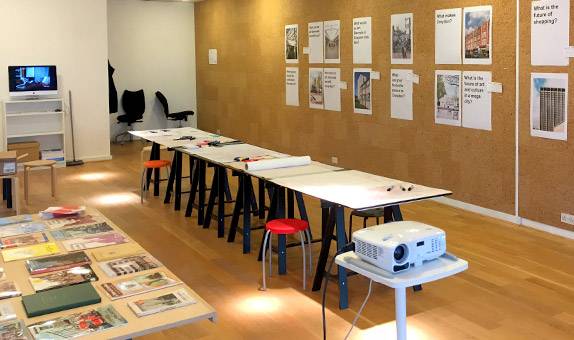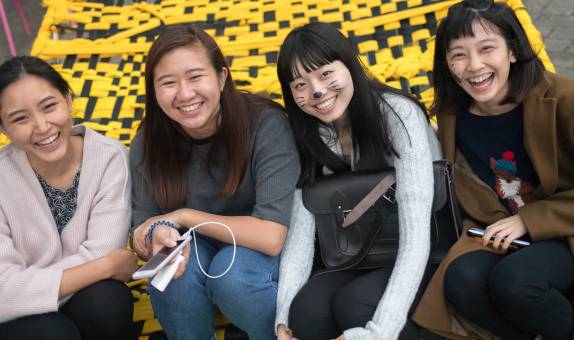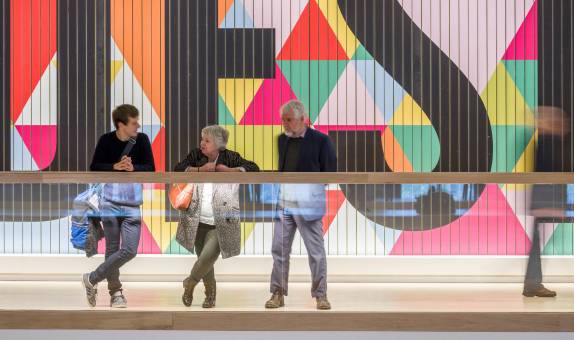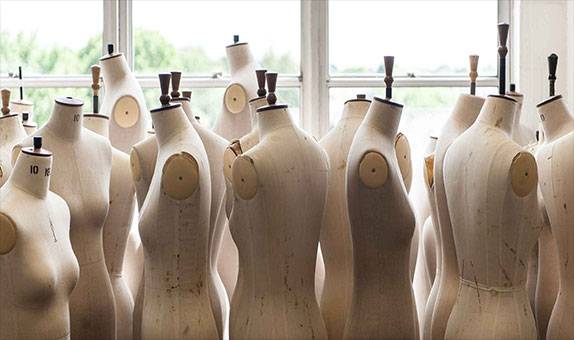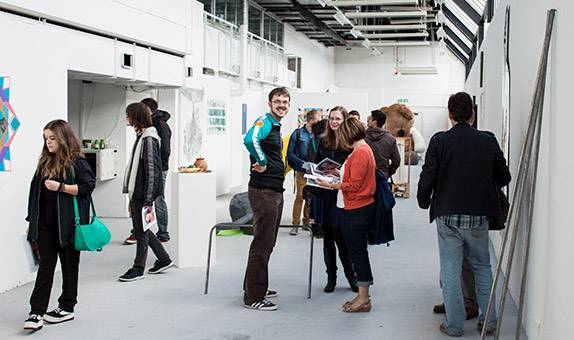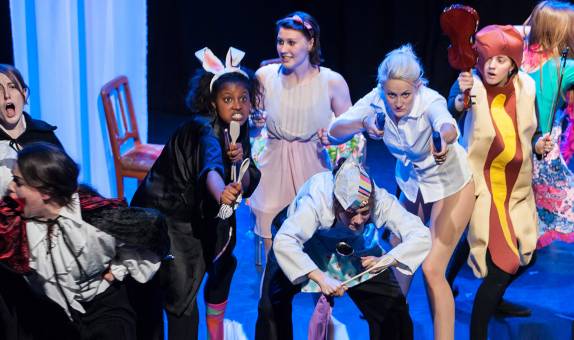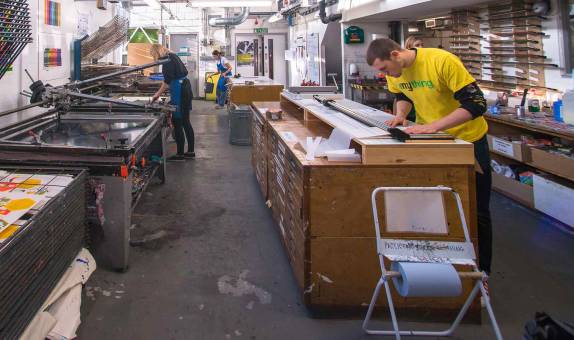Life Narratives Research (LNR)
We live in the age of life stories
In every media format and in every academic discipline, self-reflection, life writing, offering one's life story within travel books, scholarly articles, broadcasts, political websites and newspaper blogs, have become standard tools of communication and the dissemination of information.
Much is claimed for the value and significance of the life narrative. However, from the possibility of individual redemption to the constructing of national narratives of truth and reconciliation, the contexts of such constructions remain under-theorised. Whether writing of our own lives, in the form of auto-biography, memoir, Snapchat story or diary, testifying in a court of law, or in our endeavours to research and write the lives of others, there is little sharing of experience. Nor is there much debate on the nature of such work across the many disciplines in which life narratives have become a central preoccupation.
The purpose of LNR is to share best practice across all genres of life narrative work through impactful research and applied research projects. It aims to work in partnership with academic, governmental, humanitarian and industry stakeholders. It will produce publications centred on the experience, methodology and formats of life narratives across written, visual, and virtual cultures.
We actively seek to supervise research students in all areas of life narrative production and scholarship. We provide a base for research projects conducted by existing Kingston staff, externally funded research fellows, visiting fellows and professors, writers, filmmakers, and artists in residence.
Dr Meg Jensen – LNR group contact
Research students
LNR actively seeks to supervise research students in all areas of life narrative production and scholarship, particularly in the areas of life writing and human rights, life writing and traumatic experience, and life writing and social justice. We provide a base for research projects conducted by existing Kingston staff, externally-funded research fellows, visiting fellows and professors, writers, filmmakers, and artists-in-residence. We encourage PhD applications from qualified candidates wishing to pursue practice-based research and traditional academic research.
Research projects supervised by LNR staff have included the following:
- Louise Planting – PhD Creative Writing 2013
- Laura Jane Foley – PhD Creative Writing 2015
- Felicia Stinson – PhD Creative Writing 2016
- Christopher Boddington – MA Res English Literature 2016
- JoAnne Limburg – PhD Creative Writing 2017. Small Pieces, published by Atlantic Books, 2017
- Eve Grubin – PhD candidate in Creative Writing
Projects
Dr Meg Jensen has published research concerned with the complex networks connecting autobiographical narratives, the science of post-traumatic stress disorder, expressive writing methodologies and recovery from trauma in the context of human rights violations of all kinds.
Jensen's research develops the debate around the implementation of creative writing practice in post-combat, post-conflict or post-trauma situations. It tests the efficacy of different forms of autobiographical narratives, from witness testimony, to prison poetry, rights campaign materials to traditional and graphic memoirs, and from autobiographical novels to monuments and memorials to historical suffering.
In collaboration with the University of Minnesota and Amnesty International, Jensen directed an international conference, Life Writing and Human Rights: Genres of Testimony, 11–13 July, 2011. At the conference, the role of each writing genre in supporting the recovery of trauma survivors was first established.
Dr Siobhan Campbell, formerly of Kingston University and now a staff member at the Open University, has published in the areas of post-conflict poetry, the ethics of post-trauma writing and the pedagogy of creative writing interventions in PTSD situations. She has also worked with ex-combatants as part of completing a diploma in Conflict Studies with DPC Northern Ireland.
The work of these researchers underpinned a two-year project with Combat Stress UK, led by Campbell. The project began by giving workshops to enhance Cognitive Behavioural Therapy with combat survivors and culminated in the production of a pilot study of the effect of expressive writing practice on those suffering from PTSS and PTSD. This work formed the basis of an impact case study from this unit in REF 2014: The Military Writing Network.
Military Writing Network
The Military Writing Network (MWN) was founded in 2009 by Siobhan Campbell, Principal Lecturer in the Department of English Literature and Creative Writing, Kingston University, London.
Drawing on research by Professor Rachel Cusk, Dr Meg Jensen and Professor Vesna Goldsworthy into the interface between testimony, trauma literature, autobiographical fiction and recovery from trauma and related disorders, the MWN created and sustains partnerships with organisations working with veteran soldiers, sailors and airmen and their families toward investigating how creative writing practice can help them cope with issues relating to combat stress, both inside and outside mental health environments.
The MWN convenes an ongoing online writing workshop for veterans with members from the UK and the USA.
Working with SSAFA (Soldiers, Sailors, Airmen Family Association) and with Combat Stress UK (registered mental health charity), a series of action research projects were initiated which focused on stimulating, facilitating and honing creative expression by serving and veteran members of the armed forces and demonstrating the value of such writing by publication and exhibition.
Collaborations and contributions
- Roger Kirkpatrick (RAF retired), judge for KUP/SSAFA Forces Stories and Poems competition (2011)
- General the Lord Dannatt GCB CBE MC DL, Chief of the General Staff (2006–2009) who provided the introduction to the book, Courage and Strength, Stories and Poems by Combat Stress Veterans
- Janice Lobban, Head of CBT Therapy, Combat Stress UK who worked with Siobhan Campbell to establish a system of metrics for recording the impact of creative writing practice
- Dr Joseph F. Ryan, veteran and judge, Combat Stress Poetry Anthology (2012) who is now undertaking a DPsych specialising in trauma recovery.
Expressive writing research projects
The cruelty of war stretches far beyond the battlefield. Following the success of the Military Writing Network workshops with Combat Stress UK (REF 2014), Jensen and Campbell have developed a series of applied research projects for various UK government and non-governmental organisations making use of their knowledge of narrative-based approaches to supporting well-being conflict and post-conflict contexts.
Expressive writing is a particular type of coping strategy often used for survivors of trauma, in which they write out their thoughts and feelings about a stressful or traumatic experience in various ways. Research with victims of traumatic experience in non-conflict settings and with combat veterans has demonstrated that the process of writing down these reflections helps survivors 'detach' from negative experiences by turning them into tangible, shareable stories, thus increasing their sense of well-being.
Expressive writing workshops in Kirkuk Governate, Iraq
The first expressive writing research project was undertaken with funding from the UK Foreign and Commonwealth Office in collaboration with INMAA, a human rights group in Iraq, to offer bespoke expressive writing and telling opportunities to women victims of sexual violence and trauma in Kirkuk Governorate. The project interrogated current best practice guidelines on the documentation and investigation of such rights violations and suggested adaptations to existing protocols for the interviewing process.
Find out more about the expressive writing workshops in Iraq >
Expressive writing 'Stigma' project
In 2016 and 2017, Jensen and Campbell's work expanded to several further 'train the trainer' programmes for the use of expressive writing in a range of post-conflict contexts throughout 2017 and continuing to the present. The first of these was the 'Stigma' project in November 2016, funded by the UK Foreign and Commonwealth Office Human Rights Fund. It aimed to research the effectiveness of expressive writing workshop methodologies in increasing wellbeing for groups of women in post-conflict regions stigmatised by their experiences of sexual violence. Jensen and Campbell set up initial needs assessments, developed bespoke exercises and materials, trained trainers in person and via Skype with human rights defenders in Baghdad. Follow-up sessions recorded and examined materials produced by participants and obtained feedback on methodology from trainers.
This programme gave rise to four in-country projects run by Dr Nuha Arif Al Darwish – a psychologist who participated in the 'Stigma' training. In 2017, Dr Nuha tested the expressive writing materials with female survivors of sexual violence in Baghdad, Karbala, Mosil and Anbar, involving five survivors in each province. Dr Nuha has gone on to train a group of psychotherapists to use the resulting recovery and rehabilitation programme for victims of sexual violence in a wider and more systematic fashion and in July 2017, presented a 'Bayt Al-Hikma (House of Wisdom)' paper at the Education Conference on post-Daesh (IS) Iraq based on this project, entitled 'Adapting a rehabilitation programme for victims of Daesh terrorism.'
Expressive writing for countering extremism
In 2016 Jensen and Campbell received £10,000 from the UK Cabinet Office to collaboratively adapt and prepare materials and deliver training in expressive writing methodologies for use in interventions with young people at risk of radicalisation in Iraq.
As with previous projects, 'train the trainers' sessions were set up via Skype to Kuwait with participants from Gulf Cooperation Council Countries and follow-up sessions recorded and examined the materials produced and gathered feedback on the methodology. A film produced as part of the training can be viewed online.
Expressive writing Lebanon project
In 2017, the expressive writing project began a collaboration with the NGO Akkar, which works with mainly Syrian refugees in Internally Displaced Person camps in Lebanon. This included in-depth training with Akkar in Beirut and London, training several staff in the methodology and collaborating with them to develop materials to be used in a pilot to test the efficacy of the expressive writing methodology in supporting well-being in two target groups of Syrian refugee women and girls.
Refugee diaries
In early 2017, Dr Jensen produced a series of filmed 'refugee diaries'. These formed the basis of an installation running from 26 May to 7 July 2017 at Somerset House in London as part of the Dear Diary: A Celebration of Diaries and Their Digital Descendants exhibition. This installation, entitled 'A Day in Their Shoes: Refugee Diaries', presented refugee diaries in the form of film, photos with voice-overs collected by human rights defenders working with refugees in Yemen, Syrian refugees in Lebanon, Yazidi refugees in Iraq en-route to Germany, and reflections from a refugee camp in Germany by an Azeri exile. The exhibition drew large audiences and received critical praise for raising awareness of the traumatic experiences of refugees through life story-telling. Collaborators on the films include Nadine Saba of Akkar Network for Development in Lebanon, which runs a women's shelter for Syrian refugees, Elias Diab of UNICEF in Yemen, Naka Alkhzraji of Faiths Forum for London who supports refugees in the UK and Falah Shakarms from the Wadi organisation in Kurdistan that runs a shelter for Yazidi women and girls escaping Daesh (IS).
Expressive writing and the United Nations Development Programme (UNDP) in Iraq
In late 2017, Jensen and Campbell collaborated with Sundas Abbas, Gender Specialist for the UNDP to research the efficacy of the expressive writing methodologies for use in regional women's support centres in Iraq via a bespoke 'train the trainers' programme for social workers in Iraqi civil society as part of the 'Support for Integrated Reconciliation in Iraq (SIRI)' project. Jensen and Campbell conducted an initial needs assessment workshop with UNDP staff and then developed materials for the workshops and monitored and advised throughout the delivery of these materials as part of a five-day workshop held in Baghdad in December 2017. The social workers will now be employing these materials in workshops in their home regions, feeding back on their results throughout 2018. Further joint projects with UNDP Siri project are currently under discussion.
Expressive writing in palliative care with Royal Trinity Hospice
Since November 2017, Jensen and Campbell have collaborated with Sheila McKinley, Head of Quality, Governance & Education, at the Royal Trinity Hospice in London on a series of expressive writing workshops for three groups at the hospice: terminally ill patients, care team professionals who work with the terminally ill, and bereaved families whose loved ones have passed away at the hospice.
After an initial needs assessment discussion with the care team in December 2017, Jensen and Campbell have devised a series of expressive writing workshops that will run in Spring 2018. Dr Campbell will be the principal investigator, devising the exercises and training the facilitators, both of whom are Kingston University creative writing staff: Dr Adam Baron, associate professor of creative writing, who will run workshops for bereaved family members, and Dr Wendy Vaizey, senior lecturer in creative writing, who will run workshops for the care team. Dr Campbell will run the workshops with terminally ill patients. There will be a final event and reading of selected pieces of the work generated at the Royal Trinity Hospice on 16 May 2018, which they will fund and organise and Kingston staff and Dr Campbell will attend. Selections of the writing produced will be published by the hospice in pamphlet form for distribution. Jensen and Campbell will then work together to produce a research paper outlining the process of adapting expressive writing for use in supporting well-being in the context of palliative care and the efficacy of those adapted exercises.
